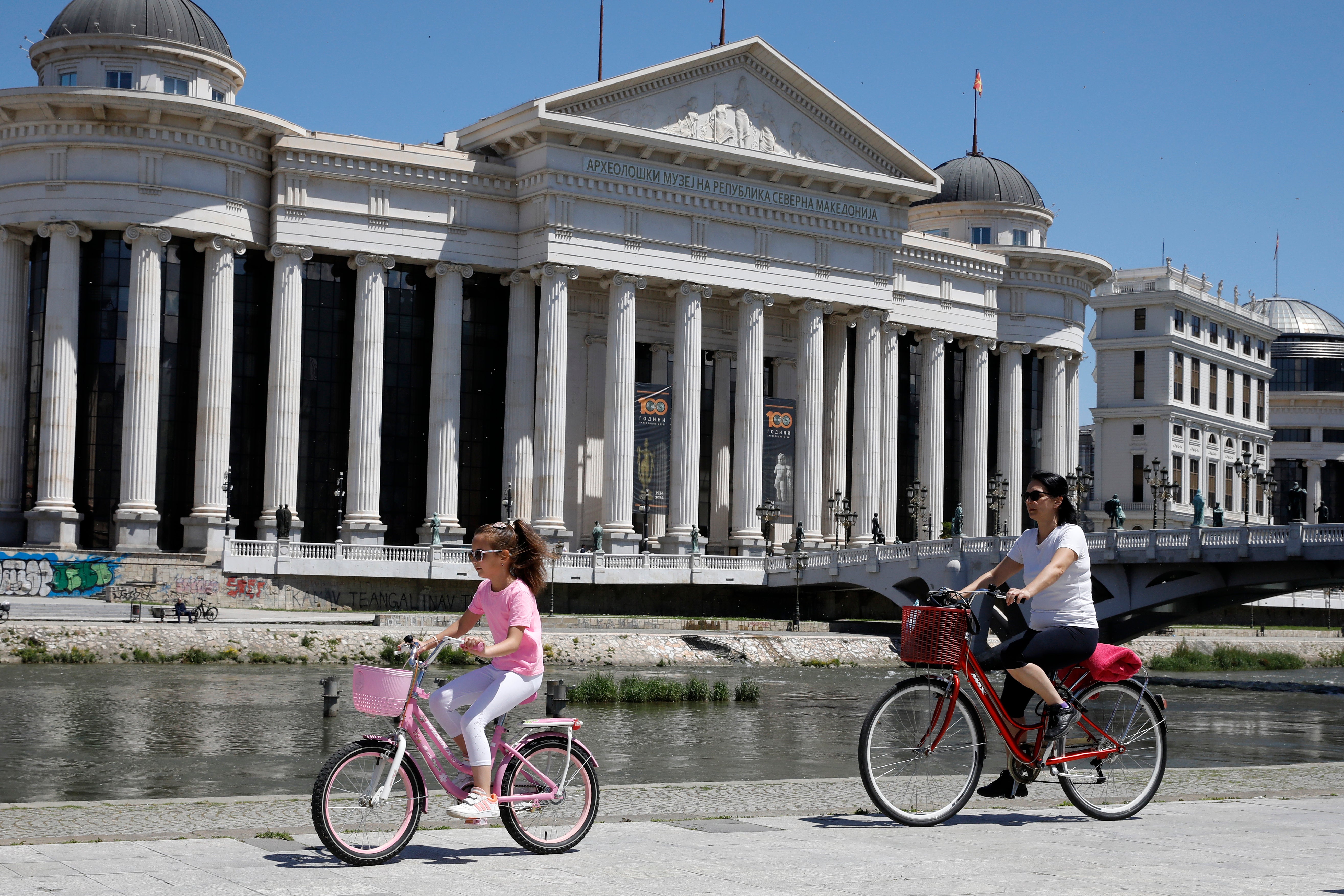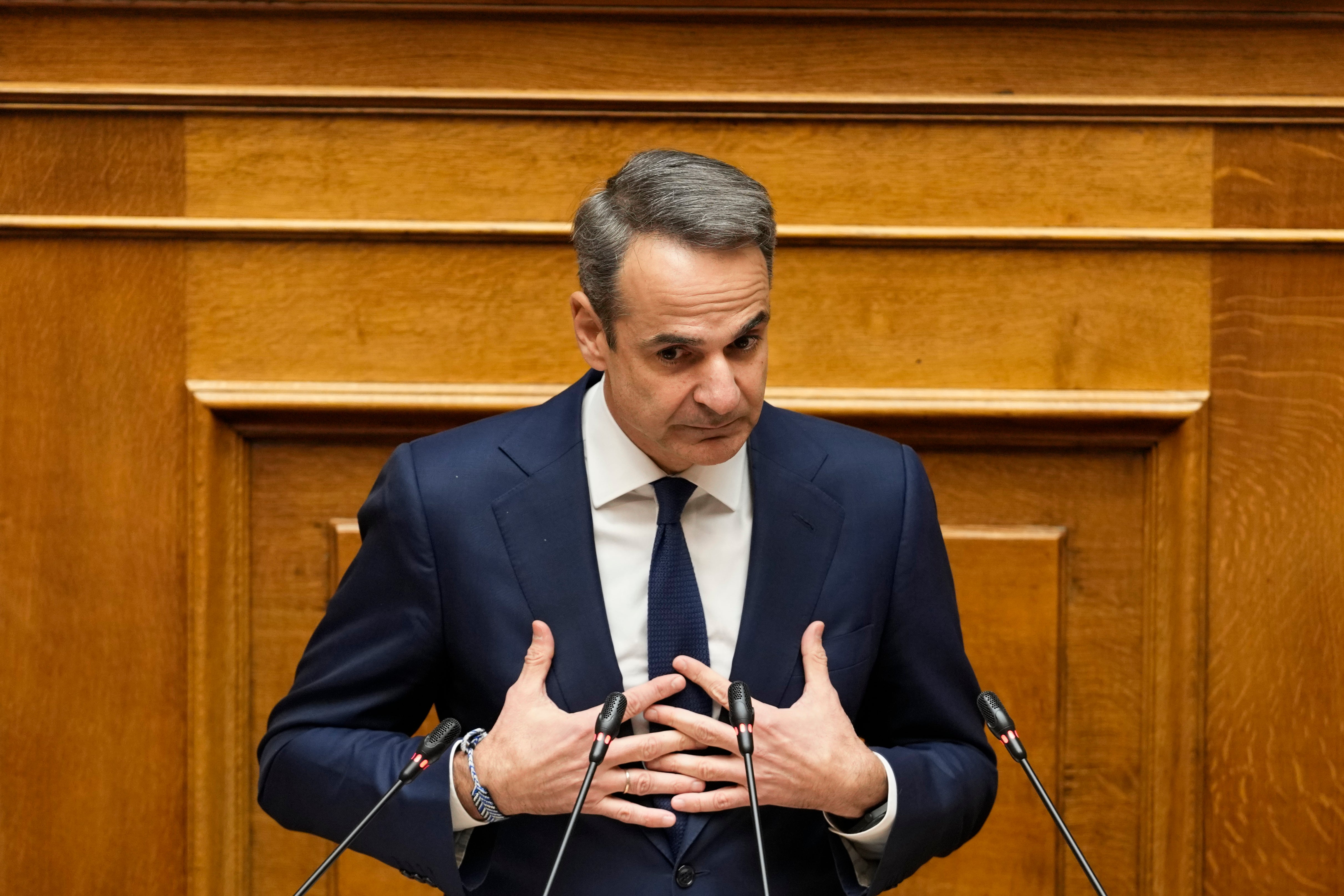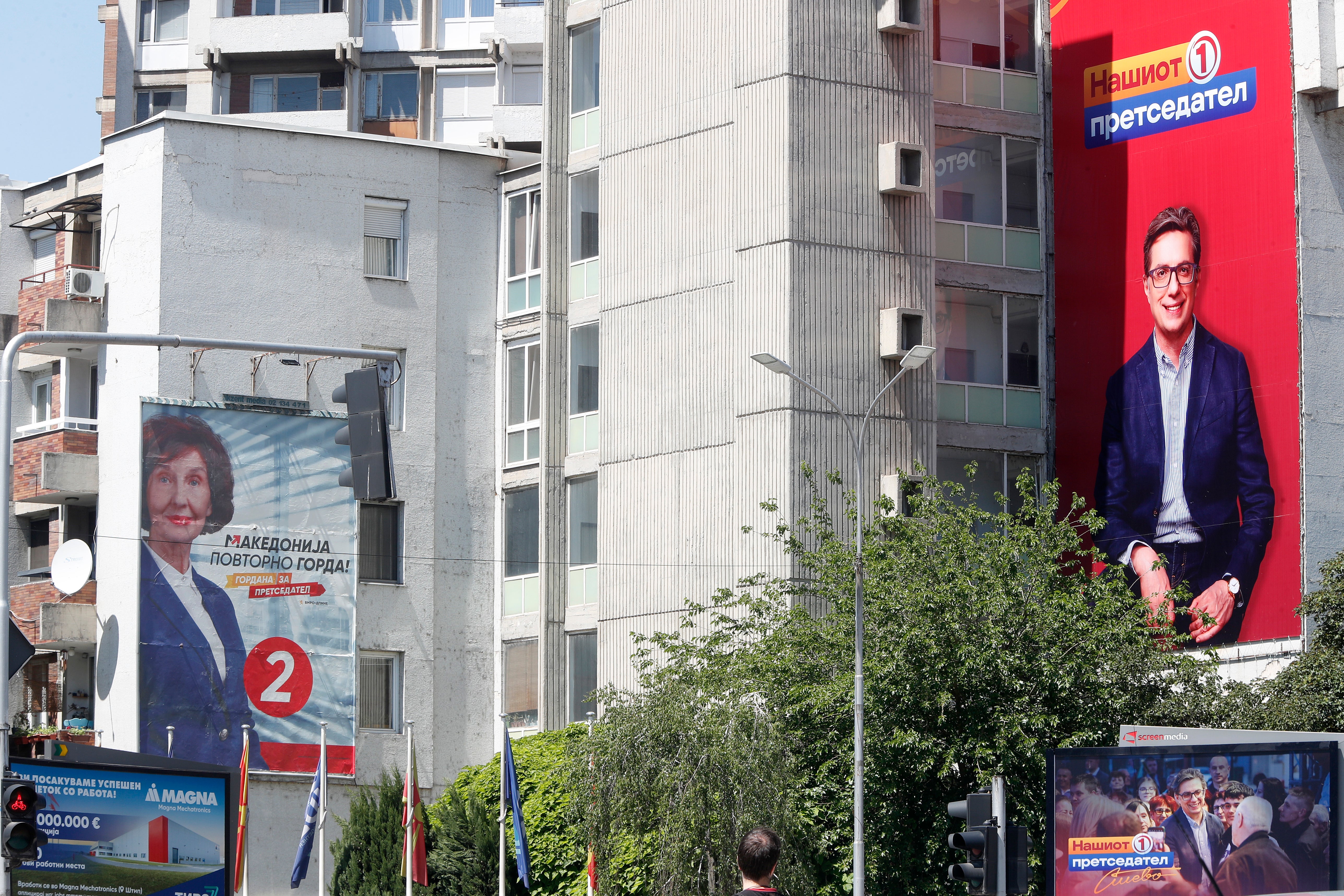Just one word could stop this country from joining the EU
The EU sounded a warning over the newly elected president

Your support helps us to tell the story
From reproductive rights to climate change to Big Tech, The Independent is on the ground when the story is developing. Whether it's investigating the financials of Elon Musk's pro-Trump PAC or producing our latest documentary, 'The A Word', which shines a light on the American women fighting for reproductive rights, we know how important it is to parse out the facts from the messaging.
At such a critical moment in US history, we need reporters on the ground. Your donation allows us to keep sending journalists to speak to both sides of the story.
The Independent is trusted by Americans across the entire political spectrum. And unlike many other quality news outlets, we choose not to lock Americans out of our reporting and analysis with paywalls. We believe quality journalism should be available to everyone, paid for by those who can afford it.
Your support makes all the difference.Greece has threatened to hinder North Macedonia’s bid to join the EU over the use of the word ‘North’.
The warning comes after newly elected president Gordana Siljanovska-Davkova called her country just ‘Macedonia’ during a speech.
It has revived a long-running dispute over the name.
Siljanovska-Davkova - who got backing from a resurgent nationalist party in last week’s vote - referred to the formerly widely-used name during her inauguration on Sunday, violating a U.N.-brokered agreement between Athens and Skopje.
Greece has long said the use of the term by its neighbour implies territorial claims on a Greek province which is also called Macedonia.
“Any progress in our bilateral relations, as well as any step by Skopje towards Europe hinge on their honest respect of the agreement,” Greek Prime Minister Kyriakos Mitsotakis said on Monday.

The president’s use of the name was “unlawful and unacceptable”, he added.
The EU also sounded a warning. “For North Macedonia to continue its successful path on EU accession it is paramount that the country continues on the path of reforms and full respect for its binding agreements,” European Commission President Ursula von der Leyen wrote on X on Sunday.
North Macedonia’s foreign affairs ministry later said the country was committed to “the unequivocal observance of the Constitutional provisions as well as all internationally undertaken obligations” including the Prespa accord.
Both countries agreed that Greece’s neighbour would be called “North Macedonia” after long and contentious negotiations in 2018.
The so-called Prespa accord that came into force a year later appeared to end a 27-year-old dispute and cleared the way for Skopje to join the NATO military alliance.
At the time, Greece said it would support its neighbour’s bid to join the European Union.
Siljanovska-Davkova was elected as president last week with the backing from North Macedonia’s right-wing and nationalist VMRO-DPMNE party.

The VMRO-DPMNE - which made major gains in the vote, partly riding on a wave of frustration over sluggish progress in the country’s bid to join the EU - has refused to acknowledge the Prespa deal which it sees a challenge to national sovereignty.
In Greece, Mitsotakis’s conservative party also opposed the Prespa name deal when it was made.
The deal, hammered out between the then Prime Ministers of both countries, Alexis Tsipras and Zoran Zaev, was ratified by Greece’s parliament amid demonstrations by protesters who said the new name still implied a territorial claim over the northern Greek region of Macedonia.
Join our commenting forum
Join thought-provoking conversations, follow other Independent readers and see their replies
Comments